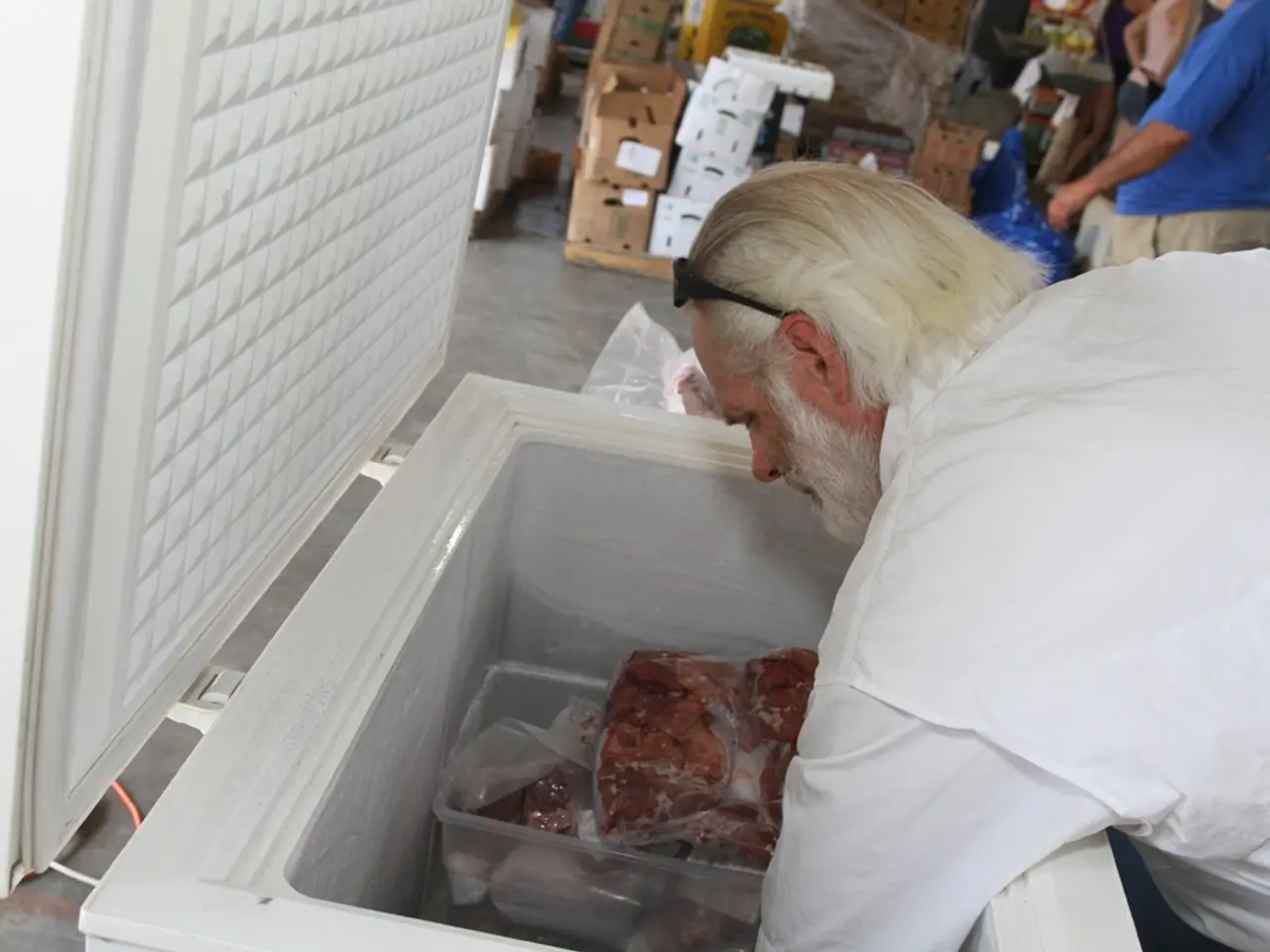Engineered Polymers & IoT Transform Logistics, Cutting Risks & Emissions
Engineered polymers and the Internet of Things (IoT) are transforming the logistics industry, particularly in the shipment of medical devices. These innovations help mitigate various risks, reduce emissions, and move towards a greener, more efficient future.
Engineered polymers, such as energy-absorbing foams and custom-moulded dunnage, protect items in transit by targeting and preventing causes of in-transit damage. They shield against vibration, compression, shock, contamination, and other variables. Meanwhile, IoT and RFID service verification enable lane-level traceability, reducing fuel consumption, empty miles, idling, and dwell times.
Pfizer's COVID-19 vaccination distribution process is a notable example. It utilised engineered polymers and IoT to safeguard shipments from temperature fluctuations and prevent losses along the route. Improved insulation performance allows for less active cooling and condition-based re-icing, preventing unnecessary energy waste. This combination moves the logistics industry closer to a zero-damage supply chain.
DHL and BASF have partnered to combine polymer materials and IoT technology, aiming to develop a damage-free supply chain in logistics. The pairing of these technologies enables logistics professionals to create more robust, efficient supply chains.
Engineered polymers and IoT are proving to be a powerful duo in the logistics industry. By protecting shipments, reducing emissions, and enhancing efficiency, they are helping to create a greener, more sustainable future for supply chains worldwide.






